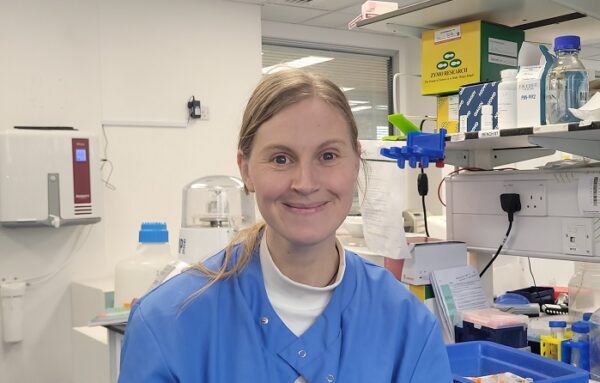
Leader: Jack Satsangi, University of Oxford - Nuffield Department of Experimental Medicine Division
Bioinformatics and algorithm development
The main aim of this WP is to generate, improve and refine the algorithms capable of predicting response to biological treatment based on epigenetic DNA methylation markers that we found to discriminate responders from non-responders to treatment with 3 different mainstream biologicals in CD. Further, we also test the validity of this approach in Rheumatoid Arthritis (RA) and Psoriasis (PsO). This work is built on an earlier study in 240 patients (performed together with researchers from Radcliff Hospital at Oxford University) in it was found that epigenetic biomarkers can indeed be used to guide personalized medication in these chronic immune diseases.
Calibrated and validated models for each biological used for CD, RA and PsO.
A sound combination of geneticists, bioinformaticians (Amsterdam University Medical Centres – location AMC and University of Oxford – Nuffield Department of Experimental Medicine Division) and a deep-tech company (Horaizon) with a solid track record in machine learning methods applied in previous CD and RA cohorts.

Leader: Jack Satsangi, University of Oxford - Nuffield Department of Experimental Medicine Division

Co-leader: Alexandra Noble, University of Oxford - Nuffield Department of Experimental Medicine Division